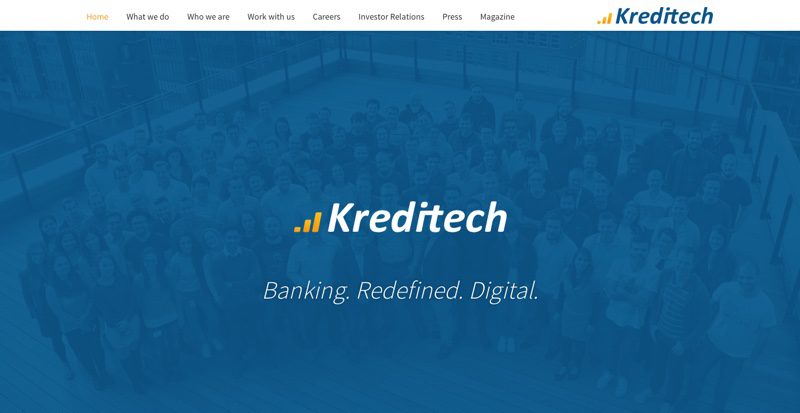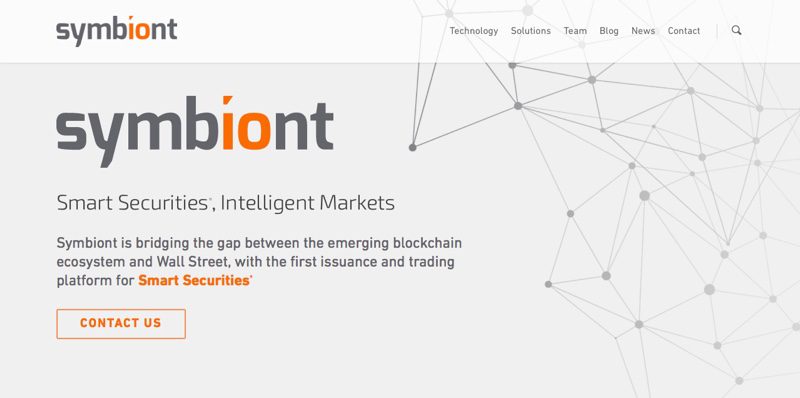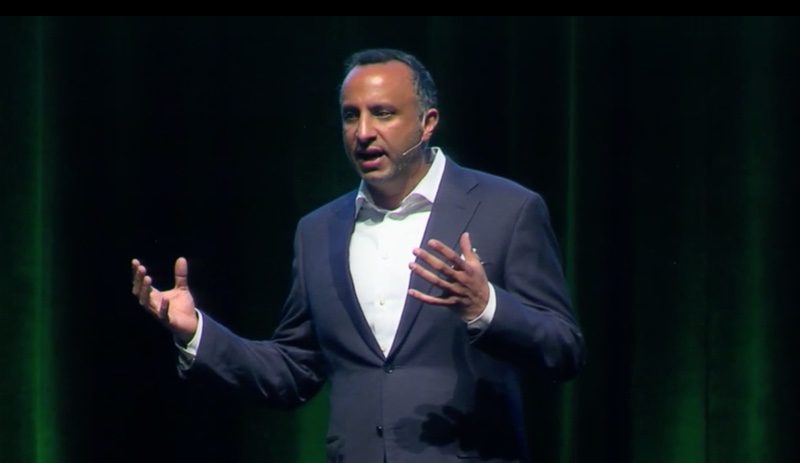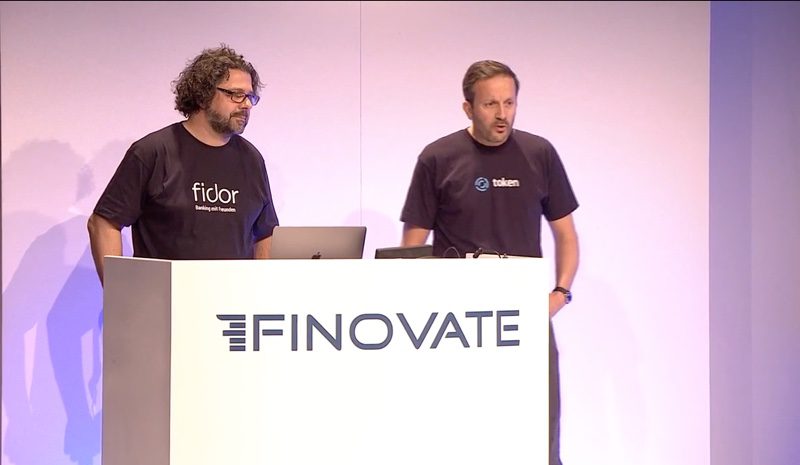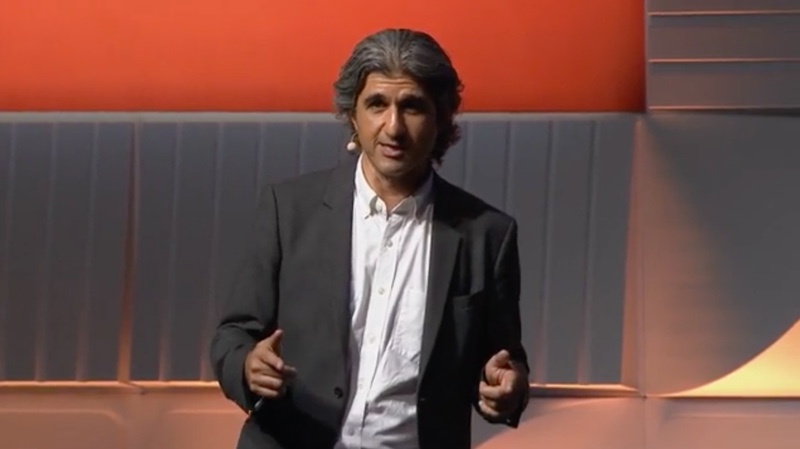
It seems as if it was only yesterday when we were looking at the first quarter funding numbers for our alums in 2017 and wondering if the slow start was a harbinger of investment stinginess to come.
Fortunately, by the end of 2017, investment in fintech in general and our Finovate alums in specific had rebounded strongly. As the financial world accommodated itself to the incoming Trump administration, so too did fintech investors get back to the business of putting major money behind some of our industry’s most innovative startups. The result was a big year for Finovate alums who raised more than $2.7 billion for 2017, recording their fourth consecutive year of more than $2 billion in funding.
And it looks like the momentum is still going strong. For the first quarter of 2018, 26 Finovate alums have raised more than $1.32 billion in funding combined. This number is not only more than 5x our first quarter funding total from last year, it also rivals any other first quarter in our history – as our quarterly comparison below shows.
Previous Quarterly Comparisons
- Q1 2017: $230 million raised by 20 alums
- Q1 2016: $656 million raised by 32 alums
- Q1 2015: $680 million raised by 29 alums
- Q1 2014: $600 million raised by 23 alums
What is especially tantalizing about Q1 numbers this year is the high number of undisclosed investments. This quarter, five of the investments were undisclosed. This compares with two undisclosed investments from Q1 2017, five in Q1 2016, one in Q1 2015, and one in Q1 2014. The actual amounts of undisclosed investments can vary widely, of course, but having five such investments in a quarter suggests our real alum funding total for Q1 is actually higher.
Top 10 Equity Investments
- Credit Karma: $500 million
- NuBank: $150 million
- eToro: $100 million
- Ledger: $75 million
- Wealthfront: $75 million
- Alkami: $70 million
- defi SOLUTIONS: $55 million
- Endor: $45 million
- Stash: $37.5 million
- Ohpen: $31 million
In terms of the top equity investments in the first quarter, Credit Karma stands out with their secondary investment of $500 million. NuBank’s $150 million comes in second place, with the $100 million raised by eToro being our third largest equity investment of the first quarter of the year. Tied for fourth place are Ledger and Wealthfront, each raising $75 million in funding. The top 10 equity investments in Q1 totaled $1.14 billion or 86% of the quarter’s total funding.
Here is our detailed alum funding report for Q1 2018.
January: More than $338 million raised by ten alums
- Alkami: $70 million – post
- BehavioSec: $17.5 million – post
- defi SOLUTIONS: $55 million – post
- EZBOB: $21 million – post
- Juvo: undisclosed – post
- Ledger: $75 million – post
- nCino: undisclosed – post
- Signicat: $2 million – post
- StreetShares: $23 million – post
- Wealthfront: $75 million – post
February: More than $156 million raised by ten alums
- Behalf: undisclosed – post
- Dwolla: $12 million – post
- Finect: undisclosed – post
- IdentityMind Global: $10 million – post
- Ohpen: $31 million – post
- Payfone: $23 million – post
- Payworks: $14.5 million – post
- Roostify: $25 million – post
- Stash: $37.5 million – post
- Trunomi: $3.5 million – post
March: More than $825 million raised by six alums
- BioCatch: $30 million – post
- Credit Karma: $500 million – post
- Endor: $45 million – post
- eToro: $100 million – post
- NuBank: $150 million – post
- YellowDog: undisclosed – post
If you are a Finovate alum that raised money in the first quarter of 2018, and do not see your company listed, please drop us a note at [email protected]. We would love to share the good news! Funding received prior to becoming an alum not included.




